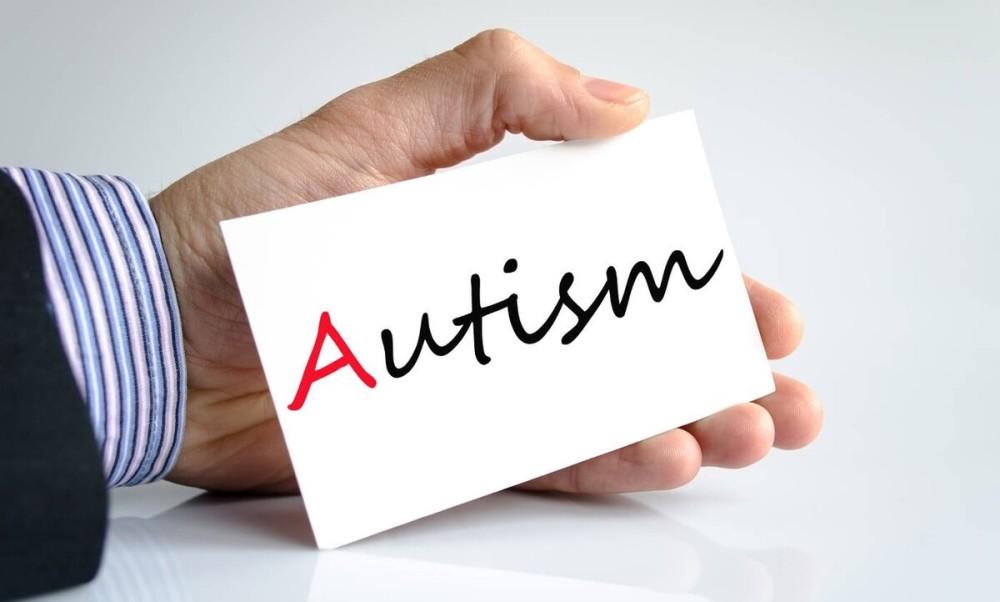Humans like to gather into groups, and most of the social skills are learned from this. Social adaptation begins at birth and is influenced by socio-cultural practices, and the messages we convey to children actually hide many social expectations, such as kissing mothers, that is, telling children that "kissing" is an expected and appropriate social behavior. As a child grows up, he needs to learn how to be a member of society and how to live the life of a group.
Social adaptation behaviors are behaviors that are accepted and recognized by society. Children learn the rules in the process of growing up, do the "ideal behavior" expected by others, and gain social acceptance, which is also very important for autistic children, so what training do we need to do? Next, Teacher Yi Tong will talk about the magic weapon of this.

1. Social rules
Social rules are norms, standards, regulations, etc. on people's behavior promulgated by authoritative departments or included in social customs, that is, what is called "rules" in everyday language. Life is orderly, the environment has rules to follow, can make children feel safe, the discipline that children desire is an inner order, knowing what they can do, doing things that are accepted. Well-adapted children are able to understand and respect the limitations of the environment and are able to act spontaneously and autonomously within the constraints. Children learn from themselves
By restraining and taking responsibility, I increase their confidence in themselves and their concept of self is established.
Many children with autism cannot adapt to and abide by social rules, and in the process of social integration, there will be many inappropriate behaviors, so it is necessary to train the understanding of social rules and cultivate the awareness of abiding by the rules.
2. Emotional management
Emotional management refers to being good at mastering oneself, being good at regulating emotions, being able to resolve the reactions caused by contradictions and events in life, and being able to alleviate Zi Zhang's psychological state in a timely manner with an optimistic attitude and Nan Mo's interest. Emotion management is the process of emotional perception, control, and regulation of individuals and groups.
Babies have their own unique temperament from birth, and directly affect their emotional performance, the strength of emotional responses and the ability to control. Children who know how to express their emotions will be more sensitive to their feelings and can feel changes from life experiences. By expressing feelings appropriately, children can keep their emotions in a relatively stable state, which has a positive impact on physical and mental health.
Autistic children have a weak ability to perceive emotions, have a weak ability to control their own emotional changes, and sometimes vent regardless of the occasion, regardless of time and character, etc., and need to improve the management ability of emotions when improving social adaptation behavior.
3. Social interaction
Social interaction refers to children's contact with and relationships with others, including: developing interest in others, motivation to interact with others, and the ability to communicate and exchange emotions with others. The development of social interaction is based on interpersonal relationships, and the scope of interpersonal relationships is very broad, including: building a sense of security and relationships, interacting and communicating, and understanding the rules of society.
Babies initially respond only to adult teasing, and when they experience joy in it, they develop an incentive to get along with people and want to interact with people. As they develop physically and mentally, children will gradually take the initiative to engage in complex social interactions with others, and they will use verbal or non-verbal methods in their interactions to regulate the behavior of others and meet their own needs.
Children with autism often lack the initiative to socialize and lack the social skills to interact with people. Therefore, when cultivating social adaptation behavior, it is also necessary to train children's social communication skills.
Cultivating social adaptation behavior is a long process, which requires us to constantly help children, through intensive intervention training, and constantly improve social adaptability and better integration.